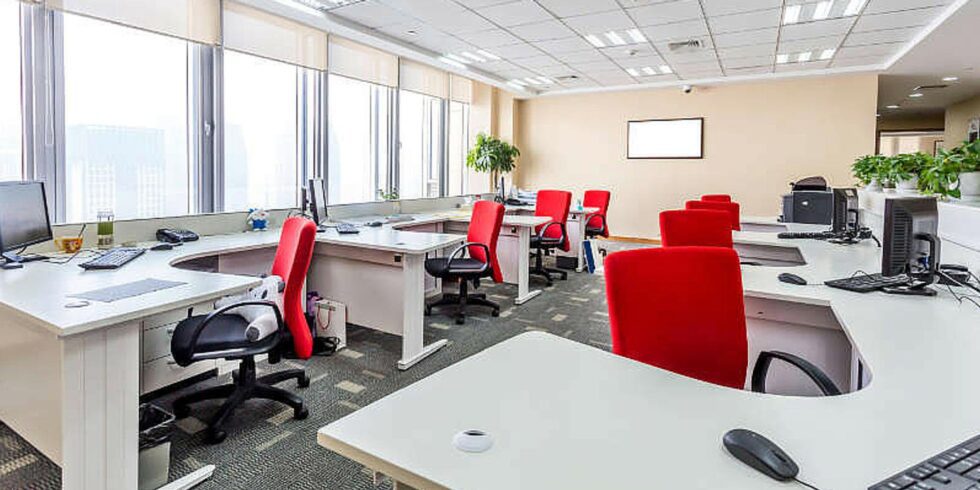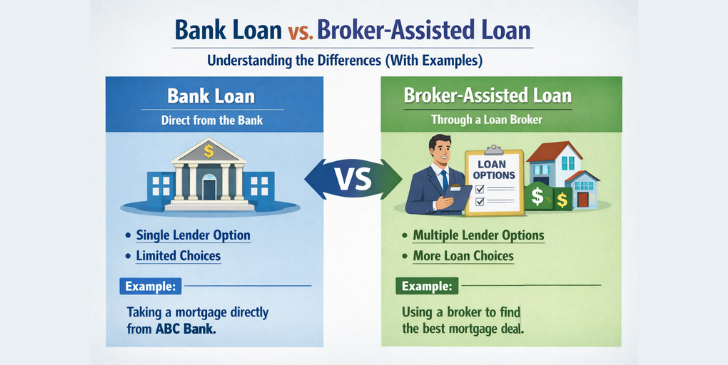Startup Office and Financial Strategies
- Home
- /
- Startup Office and Financial Strategies

- 13 Aug, 2019
Categories Commercial Loans
Startup Office and Financial Strategies
Finding the Perfect Startup Office and Managing Finances
Choosing the right office space will have a significant impact on the business.
You need to keep in mind the budget and what kind of office will be best for your business. For instance, a tech startup thrives well in an open and collaborative environment where people can get together and discuss ideas. On the other hand, a law firm would keep privacy as a top priority. In short, there are several options available but you need to go for the one tailored to your specific needs. Let us find out how to go about finding the perfect office for your startup.
Should Startups Rent or Buy?
Choosing the location of your growing startup’s headquarters isn’t an easy task and in the present real estate market, deciding whether to buy or rent can be equally difficult. Most small business owners have the question on their minds.
Low-interest rates and altered accounting standards are motivating business owners from all growth phases to rethink their leases.
After all, with interest rates so low, why rent when you can earn equity instead? Depending on the terms and equity required, investing in an office may be a great option, especially if you are able to purchase a property that offers additional rentable space to increase the return.
Evaluating the pros and cons of renting or buying before making a major financial decision is vital. So, startups should weigh out the pros and cons of whether to rent or buy an office. A few things to keep in mind are-
1) When you buy a property it becomes a long-term commitment and also requires a high amount of down payment. The option to buy and invest in commercial property is best suited for businesses with adequate financial resources. If your startup has just come up then leasing is a short-term commitment. In this case, you need to only put down a refundable deposit, and your cash flow becomes working capital.
2) You can move in and out whenever there is a need to in case your office space is leased. However, when a property is bought, though it allows one to build equity, which can act as collateral for future expansion, it is not as flexible.
3) You might be able to enjoy tax deductions from the associated costs of owning your own commercial space, such as mortgage interest and property taxes. However, again If you rent, your monthly payments are typically tax-deductible as a business expense.
How should Startups Invest
Now that we have weighed the pros and cons of whether to buy or rent an office space for our startup, we need to understand how to get our finances ready for it as well.
Whether you rent or buy, you would need financial backup. So before going ahead and approaching a lender, broker, or investor, ensure that you and your business are in the best position to seek finance for it. Consider the following points before taking the big step-
1) Ensure that your business plan and anything related to it has been well-researched and to the point. It needs to have enough details to be able to convince lenders or investors to finance your plan for an office space. It’s important that you are aware of your key financial figures even if you are not the ones to prepare your own financial statements. If you aren’t sure about going ahead with this then you can consult your advisor.
2) Understand what your limitations are so that once you know what you really want, you can work out how much to borrow and repay. You can ask yourself the following questions to evaluate your present financial situation.
– Do you require the money up-front or on a needs basis?
– What is the maximum repayment you can afford?
– What is your Loan Value Ratio (LVR)?
– What assets do you have to offer, if you need collateral?
– If you need a guarantor, who will be willing to guarantee your loan?
– How much equity do you possess?
– What is the maximum percentage share of your business you are willing to offer investors?
3) It is a true fact that investing in real estate can be the biggest investment for a startup especially if it is an expensive office space. This is why it is always best to look around for deals and offers when seeking finance. You never know where you might strike gold. You might just have a cheaper option with more flexible terms elsewhere.
4) Remember, if you are a startup company that has been around for a few years, then landlords will want to see current profit & loss statements, cash flows, balance sheets, and/or other sources of financing and funding. You might also require securing the lease with a security deposit, letter of credit (LOC), personal guaranty, or a combination of the latter.
Over to You
When it comes to deciding whether to buy, rent, or lease office space for your business, there is no specific answer for it.
Your choice of commercial property would depend on your startup’s specific goals and needs. This is why you will require to determine the space that you require according to the number of employees working for you and the type of work that your business does.
Ask yourself, “What kind of business are we and what are our future growth plans?” There are times that we end up choosing an office space, bigger than our requirement, which later becomes the reason for regret.
The last bit about choosing the perfect office for your startup is location. The location of your office is key to your search. Is your target audience located around the area? Know where your target market is located. Your desired location may restrict your options for buying or leasing commercial real estate.
Keep these pointers in hand and rest assured you will be on your way to finding the perfect office for your Startup and in the process save money too.





































